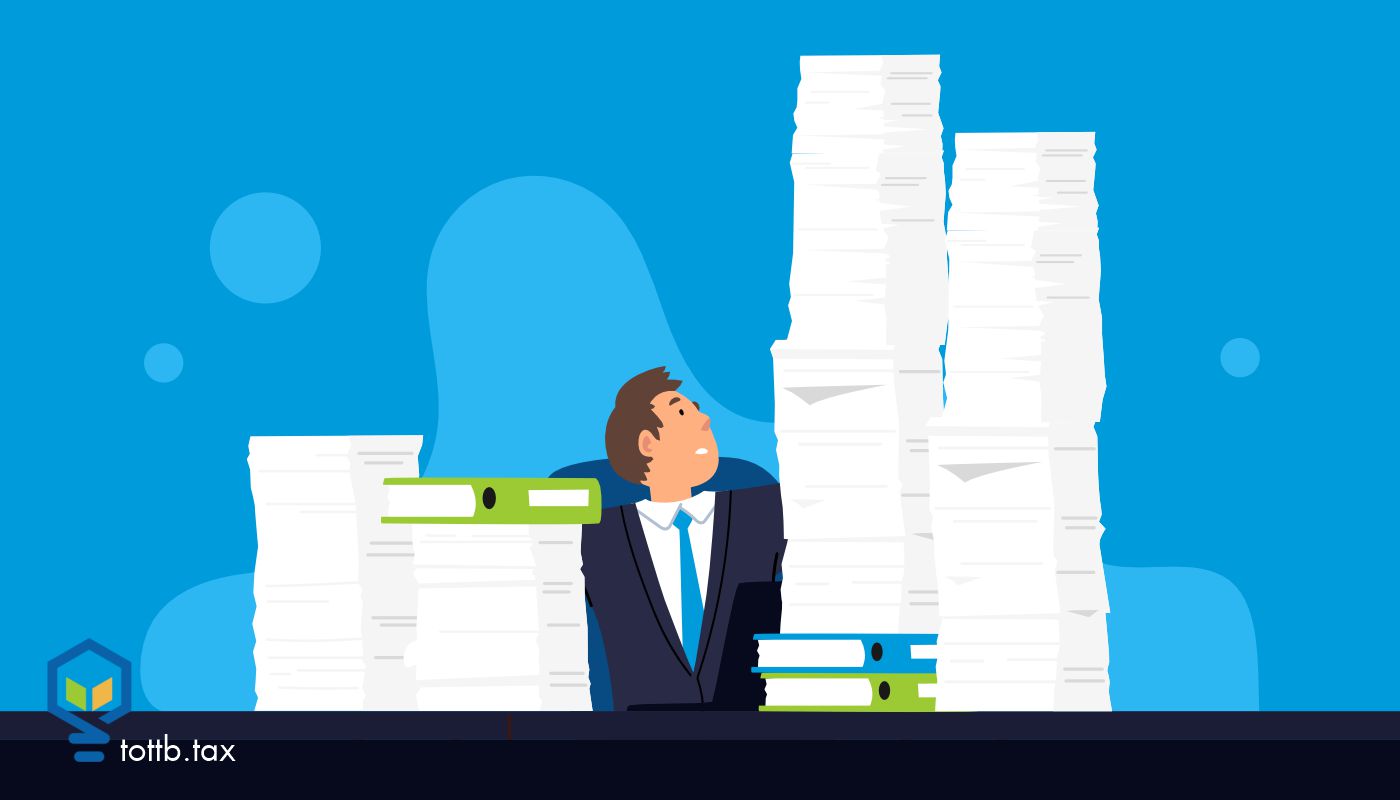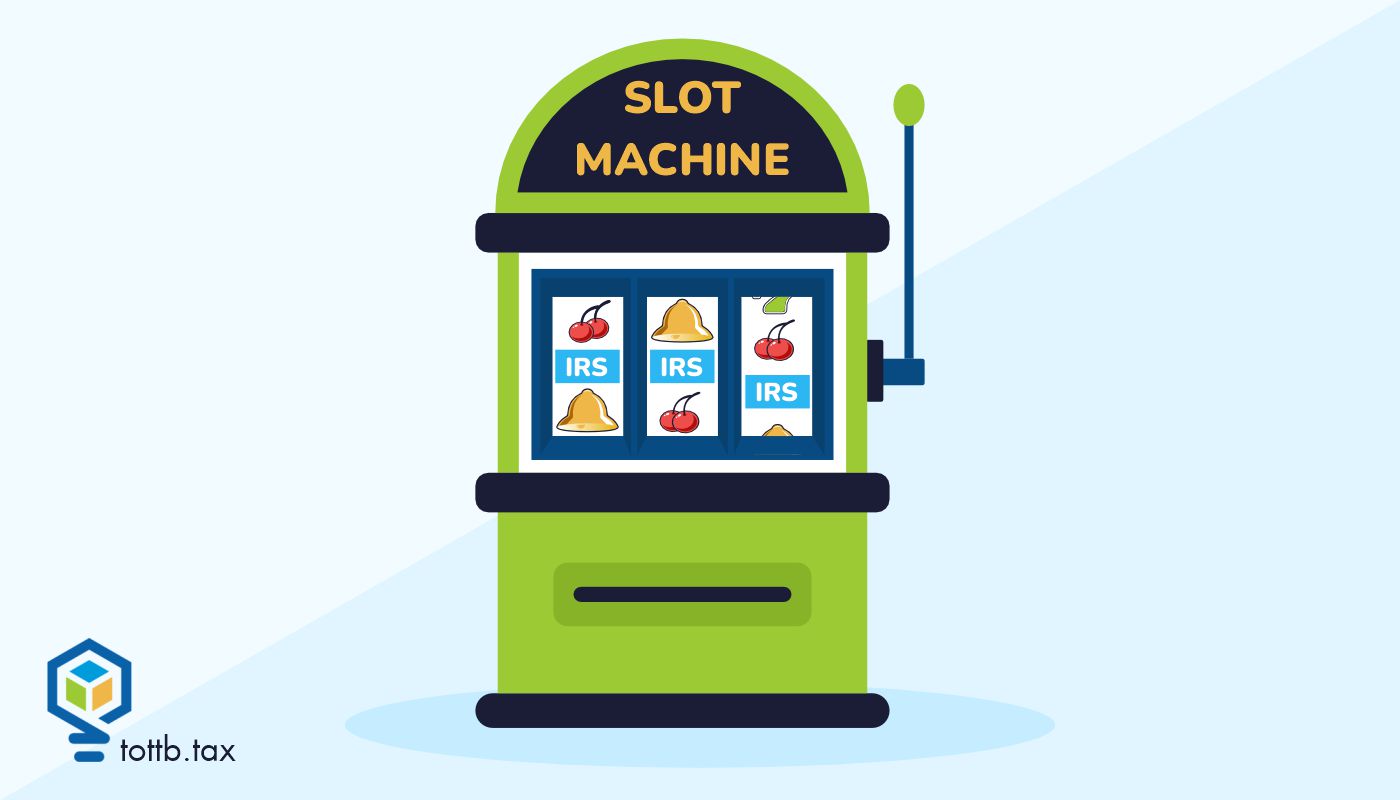LOOKING FOR LEGAL WAYS
TO REDUCE TAX?
New tax reduction strategies carefully explained and exhaustively researched every two weeks. Receive breaking news updates on tax law changes. Members only monthly AMA with TOTTB.tax.
WE PUBLISH TAX STRATEGIES FOR…
FEATURED CONTENT
Innocent Spouse Relief
"I knew he was a crook when I married him." Come again? And you still married him? That's what I said in my head as it took every muscle in my face to keep my forehead from scowling. But instead, I said, "What do you mean?" "We always had good money and nice things, but we never paid taxes. I always owed when I was single. But when we got married, I stopped working and we never owed." Let me take a moment to rewind and get you up to speed. This taxpayer, let's call her Mrs. Bonnie for the purposes of this story, reached out because she needed to file last year's tax return. She was recently widowed, and her husband typically handled the tax filing. So, she was already feeling overwhelmed and lost when it happened. She went to the mailbox and pulled out mail from the IRS. It was a CP3219A , notifying her that credits claimed on a previous tax return were being disallowed by the IRS. Not only did she owe taxes, but she also owed accuracy related penalties. She only had 90 days to respond if she disagreed and didn't know what to do. When she reached out to me, she inquired about whether I could review previous year returns. Mrs. Bonnie wanted to make sure that they were "done right". This isn't a strange request. I told her that I would review the prior year to have a baseline and if I saw anything fishy, I'd bring it to her attention and perhaps look at another year. I didn't even make it to the signatures before the fishiness leaped off the page. I set up a meeting with her via Zoom to review my findings. As I begin to ask about some of the credits claimed and her husband's business her answers did not match what was on the return. That's when she let me know that she knew her husband, Mr. Clyde, was a crook when she married him. Mrs. Bonnie didn't know much about taxes, but she did a bit of research. She read about something called Innocent Spouse Relief and thought she may be eligible. Let's look at what Innocent Spouse Relief is and why Mrs. Bonnie was not eligible, but your client may be.
Read MoreCURRENT EDITION

Qualified Opportunity Zones After the One Big Beautiful Bill Act: What’s Changed and What It Means for Real Estate Investors
On July 4, 2025, the One Big Beautiful Bill Act (OBBBA) became law, representing the most significant reform of the QOZ program since its inception. It made the program permanent, tightened eligibility rules, introduced a rural-focused investment vehicle, and imposed robust reporting requirements. For tax professionals and investors, understanding these changes isn’t just about compliance – it’s also about strategy.

Vibe Preparing: Ignoring Partnership Agreement Impacts on K1s
Nothing derails a busy season schedule like being forwarded emails from client’s investors asking “are you sure the loss is allocated correctly?” It can expose a weakness in technical expertise – especially when it’s a partnership K1. Whether the operating agreement includes Safe Harbor or Target Capital allocations is one of the most important places to start for a preparer. And knowing these basics can be the difference between a confident reply or a lost week.

Deducting Gambling Losses: Part 2: Sessions Method
Recently I polled my peers on a social media platform dedicated to tax professionals. My hope was to find a resource for tax rules on a state level for handling gambling sessions. I knew it would be an uphill battle to get the information needed for a comprehensive guide state-by-state.
What surprised me was the response. A large percentage of tax professionals were either unaware of gambling sessions or were unclear on how gambling sessions were handled in their state. Since gambling sessions might be the best way to reduce taxes on gambling wins, a lot of money might be left on the table with clients paying the price. Even if the state a tax professional prepares most tax returns for does not have gambling, the likelihood a client travels to a state that does, gambles, and wins is high.
SIMPLIFIED TAX STRATEGIES &
PRACTICAL IMPLEMENTATION
Think Outside the Tax Box provides tax reduction strategies along with practical
implementation advice in order to reduce your clients’ federal tax bill with ease.







